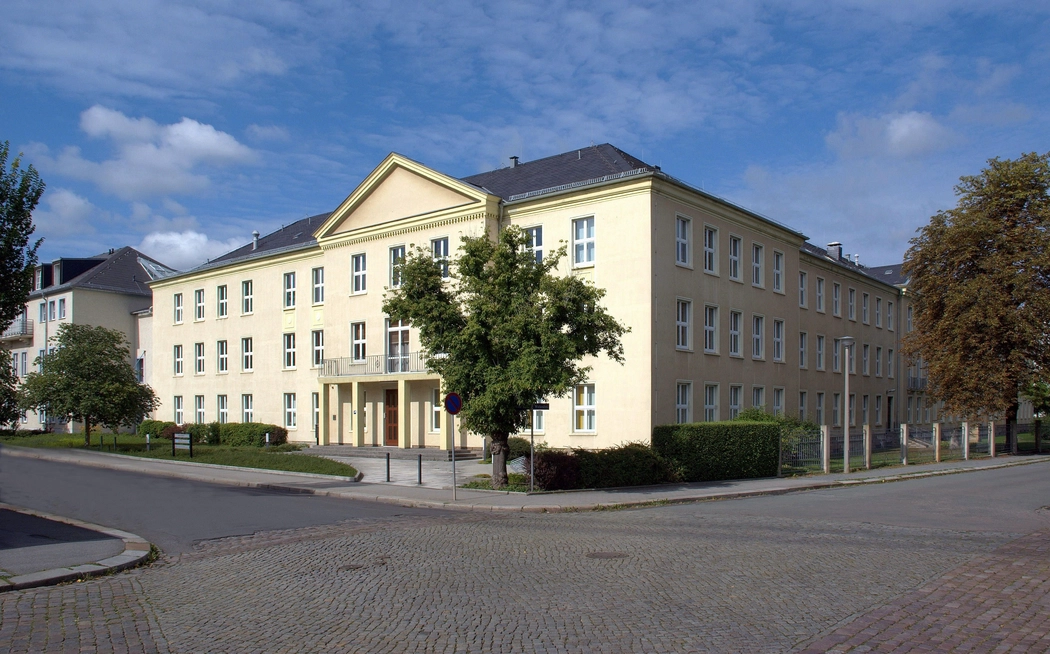How Can Chronic Lymphocytic Leukemia Be Treated Effectively in a Variety of Patients?
DOI:
https://doi.org/10.21036/LTPUB10276Researcher
Brigitte Voit is the Chief Scientific Officer of the Leibniz Institute for Polymer Research in Dresden (Germany). Moreover, Voit is the head of the IPF Institute Macromolecular Chemistry and a faculty member of the Natural Sciences/Department for Chemistry at Technical University Dresden. Voit’s research extends beyond that of polymer research, into the field of leukemia treatment. She seeks to outline more effective treatment of chronic lymphocytic leukemia, defying the development of drug resistance.

Original Publication
Dendrimer-Based Nanoparticles for Potential Personalized Therapy in Chronic Lymphocytic Leukemia: Targeting the BCR-Signaling Pathway
Ida Franiak‐Pietryga,
Henryk Maciejewski,
Kinga Ostrowska,
Dietmar Appelhans,
Brigitte Voit,
Published in
Citation
Brigitte Voit,
Latest Thinking,
How Can Chronic Lymphocytic Leukemia Be Treated Effectively in a Variety of Patients?,
https://doi.org/10.21036/LTPUB10276,
Credits:
© Brigitte Voit
and Latest Thinking
This work is licensed under CC-BY 4.0
